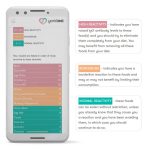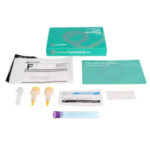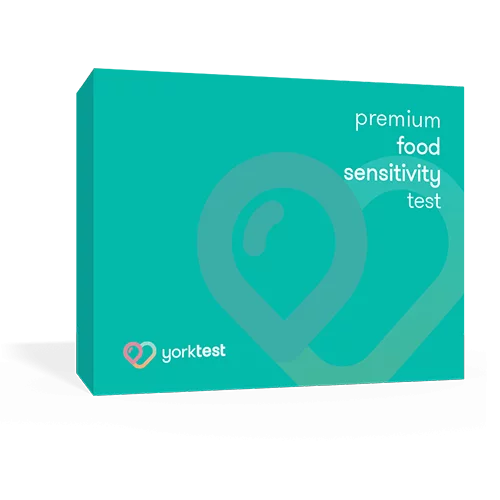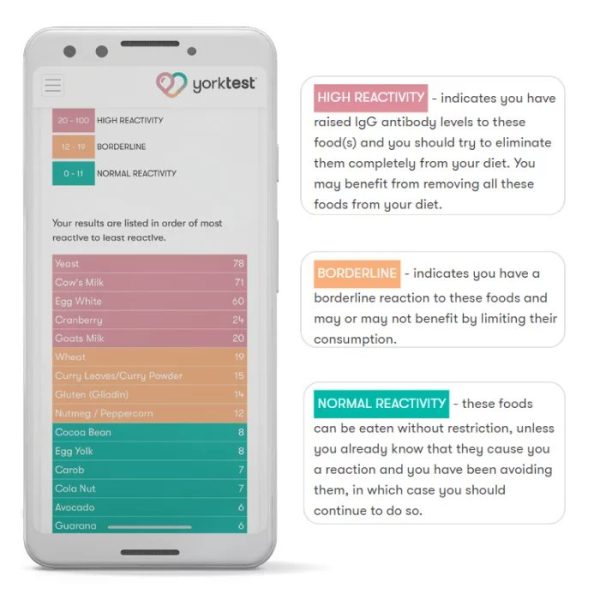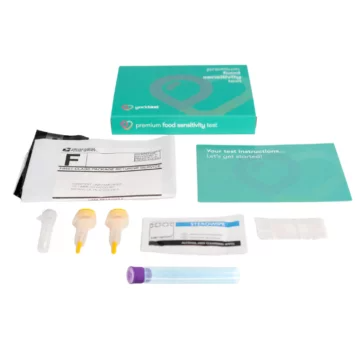Depending on your personal food fingerprint, you could be sensitive to pretty much anything from chickpeas to beef – this is why taking a food sensitivity test is so important to help you identify the cause and help reduce the symptoms. However, there are certain products that are more common on the results of our food intolerance test reports for our customers. You can view the full range of what we test for in the section above.
According to Very Well Health, here are a number of commonly-identified food sensitivities:
Gluten: Used in many baked goods, and is also in lots of sauces and gravies. Being sensitive to gluten is different to having celiac disease, which is a lifelong autoimmune condition. Learn more about what gluten is and why it is bad for some people over on our blog.
Nuts: Being sensitive to nuts doesn’t necessarily mean you are allergic to them. Allergies can often cause very severe reactions so it’s important to take a specific food allergy test to identify any risk.
Nut sensitivity symptoms can still be uncomfortable, and according to our research, can also take up to 72 hours to show. Lots of people experience peanut sensitivities specifically – which are technically classified as legumes or tree nuts – but you could have an intolerance to nuts as well.
Dairy: Symptoms can flare when the body doesn’t have enough lactase (an enzyme) to digest the sugar from lactose found in dairy products. The food-specific IgG test does not test for lactose intolerance, but it does test for reactions to a product called casein also makes dairy hard to digest and can lead to food sensitivity symptoms.
If you love coffee but have a dairy intolerance, there are lots of dairy-free alternatives to milk to choose from. However, many people also are sensitive to the proteins in the caffeinated drink, so it’s good to take a test before eliminating anything from your diet.
High FODMAP foods: FODMAPs are a group of carbohydrates: fermentable oligosaccharides, disaccharides, monosaccharides and polyols.
High FODMAP foods can be harder for your body to digest, which can lead to discomfort such as bloating. Research has shown that eliminating triggering FODMAPs from your diet can help with alleviating IBS symptoms.
We listed some high FODMAP foods and low FODMAP alternatives on our blog.

